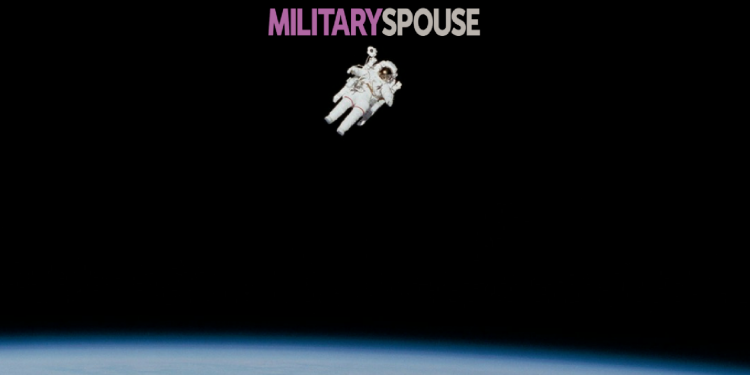Originally published at NYtimes.com

“Spaceman turned senator John Glenn — the first American to orbit the Earth — died Thursday afternoon surrounded by his family at the Ohio State University Wexner Medical Center in Columbus after a brief illness. The last survivor of the original Mercury 7 astronauts was 95.
The Cambridge, Ohio-born John Herschel Glenn Jr. had perhaps the most storied history of any aviator in the world.

He broke the transcontinental flight speed record as a pilot with the US Marines — and flew 149 combat missions in World War II and the Korean War.
In 1962, with the U.S. scrambling to catch up to the Soviet Union in the race for space, he became an American hero when he successfully orbited our planet — a feat accomplished a year earlier by Soviet cosmonaut Yuri Gagarin.
The Soviet Union had leaped ahead in space exploration by putting the Sputnik 1 satellite in orbit in 1957, and then launched the first man in space, cosmonaut
Yuri Gagarin, in a 108-minute orbital flight on April 12, 1961. After two suborbital flights by Alan Shepard Jr. and Gus Grissom, it was up to Glenn to be the first American to orbit the Earth.
“Godspeed, John Glenn,” fellow astronaut Scott Carpenter radioed just before Glenn thundered off a Cape Canaveral launch pad, now a National Historic Landmark, to a place America had never been. At the time of that Feb. 20, 1962, flight, Glenn was 40 years old.
With the all-business phrase, “Roger, the clock is operating, we’re underway,” Glenn radioed to Earth as he started his 4 hours, 55 minutes and 23 seconds in space. Years later, he explained he said that because he didn’t feel like he had lifted off and it was the only way he knew he had launched.
During the flight, Glenn uttered a phrase that he would repeat frequently throughout life: “Zero G, and I feel fine.”
“It still seems so vivid to me,” Glenn said in a 2012 interview with The Associated Press on the 50th anniversary of the flight. “I still can sort of pseudo feel some of those same sensations I had back in those days during launch and all.”
Glenn said he was often asked if he was afraid, and he replied, “If you are talking about fear that overcomes what you are supposed to do, no. You’ve trained very hard for those flights.”
Glenn’s ride in the cramped Friendship 7 capsule had its scary moments, however. Sensors showed his heat shield was loose after three orbits, and Mission Control worried he might burn up during re-entry when temperatures reached 3,000 degrees. But the heat shield held.”
Read the full article at NYtimes.com.








